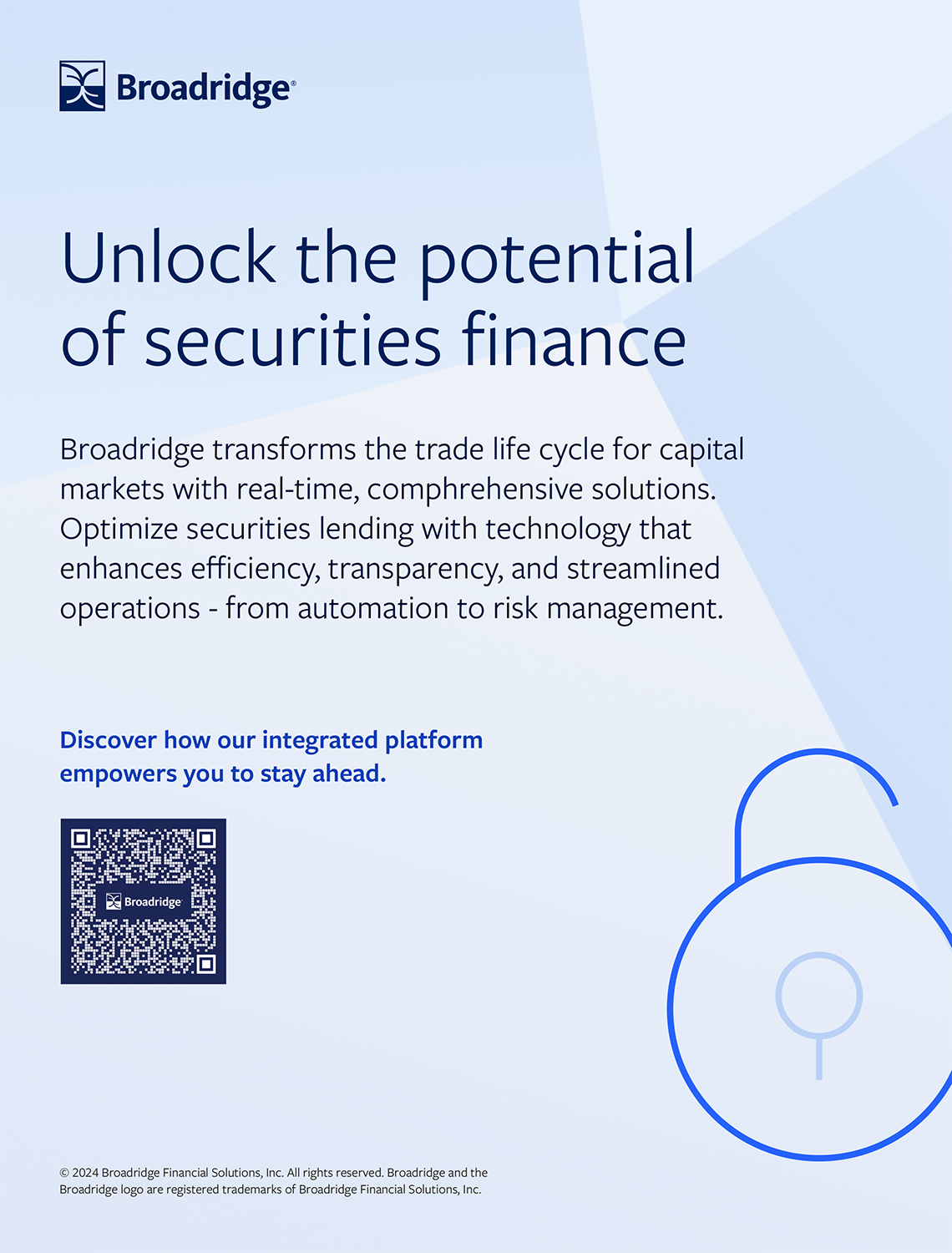GLEIF partners with Finternet Lab
21 May 2025 Switzerland
 Image: Vadym/stock.adobe.com
Image: Vadym/stock.adobe.com
The Global Legal Entity Identifier Foundation (GLEIF) and Finternet Lab, an initiative of the Networks for Humanity Foundation (NHF), have entered into a Memorandum of Understanding (MoU) to collaborate on the development and deployment of an open and interoperable digital infrastructure.
Through this collaboration, both entities aim to address gaps in identity verification, data provenance, and interoperability across emerging digital ecosystems by enabling secure, verifiable identity and transaction systems.
Under the MoU, the organisations will jointly explore pathways for integrating GLEIF’s verifiable legal entity identifier (vLEI) credentials with Finternet Lab’s suite of open-source tools — including the Universal Information Tokenisation System (UNITS), decentralised identity frameworks (DeDi), and transaction infrastructure protocols.
Ivan Mortimer-Schutts, global head of vLEI at GLEIF, comments: “This latest collaboration represents a critical step toward realising a globally interoperable identity layer that serves both legacy and emerging digital ecosystems.
“By aligning our vLEI credentials with Finternet’s open-source tools, we are enabling secure, consent-based data sharing that supports innovation, regulatory integrity, and inclusive and sustainable economic growth.”
As the digital counterpart of the Legal Entity Identifier (LEI), the vLEI represents a standardised form of digital organisational identity, says GLEIF.
By equipping organisations and their representatives with cryptographically verifiable identities, the foundation aims to offer a comprehensive solution for establishing a global digital trust ecosystem.
The partnership will explore and demonstrate the real-world applications of vLEI credentials across various use cases, including decentralised finance, environmental reporting, and supply chain traceability.
Planned initiatives include pilot projects, hackathons, and developer training, alongside technical reviews of enabling protocols such as Key Event Receipt Infrastructure (KERI).
The partnership also seeks to define common standards and governance models for trusted digital identity layers at scale.
Siddharth Shetty, co-creator at Finternet Lab, adds: "Integrating vLEI credentials into our ecosystem marks an exciting step towards ensuring interoperable, secure identities across diverse digital environments.
“Together, we are committed to enabling greater economic participation and innovation through robust, verifiable digital frameworks."
Through this collaboration, both entities aim to address gaps in identity verification, data provenance, and interoperability across emerging digital ecosystems by enabling secure, verifiable identity and transaction systems.
Under the MoU, the organisations will jointly explore pathways for integrating GLEIF’s verifiable legal entity identifier (vLEI) credentials with Finternet Lab’s suite of open-source tools — including the Universal Information Tokenisation System (UNITS), decentralised identity frameworks (DeDi), and transaction infrastructure protocols.
Ivan Mortimer-Schutts, global head of vLEI at GLEIF, comments: “This latest collaboration represents a critical step toward realising a globally interoperable identity layer that serves both legacy and emerging digital ecosystems.
“By aligning our vLEI credentials with Finternet’s open-source tools, we are enabling secure, consent-based data sharing that supports innovation, regulatory integrity, and inclusive and sustainable economic growth.”
As the digital counterpart of the Legal Entity Identifier (LEI), the vLEI represents a standardised form of digital organisational identity, says GLEIF.
By equipping organisations and their representatives with cryptographically verifiable identities, the foundation aims to offer a comprehensive solution for establishing a global digital trust ecosystem.
The partnership will explore and demonstrate the real-world applications of vLEI credentials across various use cases, including decentralised finance, environmental reporting, and supply chain traceability.
Planned initiatives include pilot projects, hackathons, and developer training, alongside technical reviews of enabling protocols such as Key Event Receipt Infrastructure (KERI).
The partnership also seeks to define common standards and governance models for trusted digital identity layers at scale.
Siddharth Shetty, co-creator at Finternet Lab, adds: "Integrating vLEI credentials into our ecosystem marks an exciting step towards ensuring interoperable, secure identities across diverse digital environments.
“Together, we are committed to enabling greater economic participation and innovation through robust, verifiable digital frameworks."
NO FEE, NO RISK
100% ON RETURNS If you invest in only one securities finance news source this year, make sure it is your free subscription to Securities Finance Times
100% ON RETURNS If you invest in only one securities finance news source this year, make sure it is your free subscription to Securities Finance Times



